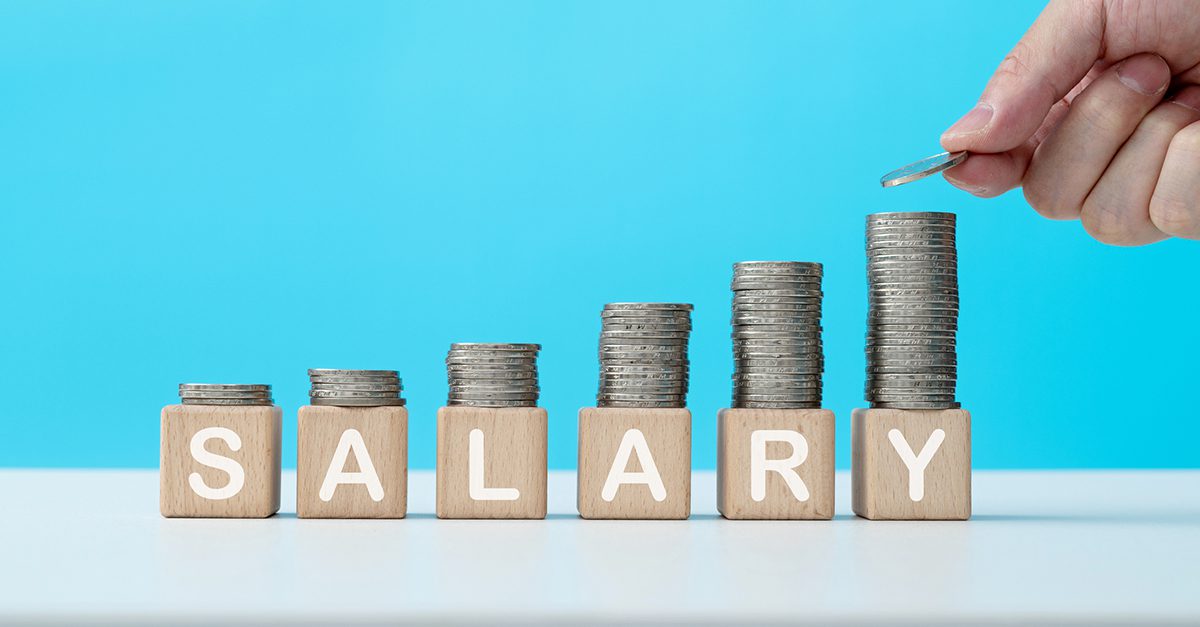
Filing bankruptcy in Canada can protect your wages by stopping most garnishments and reducing debt payments. While you keep your wages, understanding how your income affects your bankruptcy will help you make an informed decision about whether bankruptcy is the right debt solution for your situation.
Table of Contents
Does a Bankruptcy Trustee Garnish Your Wages?
No. Your Licensed Insolvency Trustee does not take your wages when you file bankruptcy. Your employer continues to pay your wages directly to you. However, your salary does affect how much you have to pay in a bankruptcy. If your income exceeds certain thresholds set by the government, you may need to contribute a portion of your earnings to your bankruptcy estate through surplus income payments. These bankruptcy payments help repay creditors while ensuring you maintain a reasonable standard of living.
Understanding Surplus Income in Bankruptcy
Bankruptcy does not take all your wages, however the more you earn, the more you may need to pay. Surplus income payments are based on how much your monthly income exceeds the government’s threshold for your family size. These thresholds, set by the Office of the Superintendent of Bankruptcy, ensure you can maintain a reasonable standard of living while paying what you can afford toward your debts.
Your Licensed Insolvency Trustee calculates your surplus income using your net monthly income, which is your income after mandatory deductions like taxes, EI, and CPP. You may also be allowed certain expense deductions for necessary costs like medical expenses, childcare, or court-ordered payments.
Here’s how surplus income payments work:
- If your surplus income is less than $200 per month above the threshold, you are not required to make additional payments
- If your surplus income exceeds $200 per month above the threshold, you must pay 50% of all surplus income to your trustee
Your trustee reviews your income and expenses monthly to determine if surplus income payments are required. Voluntary deductions like RRSP contributions or savings plans are added back to your income for this calculation.
Use our surplus income calculator to determine what your potential bankruptcy payments may be.
What Income Sources Count in Bankruptcy?
Almost all forms of income count toward surplus calculations:
- Regular employment wages and salary
- Bonuses and commissions
- Severance pay and vacation pay
- Self-employment earnings
- Pension and retirement income
- Investment income and dividends
- Rental income
- Support payments received
- Social assistance
Even income from multiple jobs is included. If you work part-time or have several income sources, you must report all earnings to your trustee.
Bonuses and commissions are reported when earned and can create a surplus income situation, as can an extra pay period in the month if you are paid bi-weekly. You should discuss income fluctuations with your trustee when filing to understand if they will trigger surplus income.
Managing Income During Bankruptcy
During bankruptcy, you must:
- Report all income sources to your trustee monthly
- Provide pay stubs and income documentation
- Notify your trustee of any income changes
- Make required surplus income payments on time
First-time bankruptcies with surplus income last 21 months. Maintaining accurate income records and making required payments helps ensure you complete your bankruptcy on schedule.
What Happens if My Income Changes?
You trustee usually calculates surplus income at two points in your bankruptcy:
- during your debt assessment to determine if you might have surplus income and how much;
- before your expected discharge date to determine if any changes in your income may increase or decrease your surplus.
If your income increases, the cost of your bankruptcy can also increase. Similarly, if your income drops, your bankruptcy payments will also decline. Your bankruptcy payments will be adjusted during your bankruptcy to ensure you pay the appropriate amount of surplus you earned during your bankruptcy.
Does Surplus Income Affect Consumer Proposals?
While consumer proposals don’t require ongoing income monitoring, your Licensed Insolvency Trustee will calculate your potential surplus income payments at the beginning of your proposal to help determine what amount to offer creditors. Since creditors expect to receive more in a proposal than they would in a bankruptcy, this calculation helps establish a fair payment plan.
However, unlike bankruptcy, your monthly proposal payment is fixed once creditors accept your proposal, regardless of future income changes.
This predictability makes proposals attractive if you:
- Expect income increases
- Receive regular bonuses or commissions
- Want payment certainty
- Prefer avoiding surplus income calculations
You maintain full control of your income in a proposal while still receiving protection from creditors and garnishments.
Since proposal payments can be spread out over up to five years, your monthly payments in a proposal are usually less than what you would pay in surplus income during a bankruptcy, making a proposal more affordable.
Wage Garnishment Protection
As procedures under the Bankruptcy and Insolvency Act, both bankruptcy and consumer proposals immediately stop most wage garnishments through a legal stay of proceedings. Your trustee will notify your employer and creditors to halt existing garnishments once you file. This protection typically applies to:
- Collection agency garnishments
- Credit card debt collections
- Bank loan collections
- Most civil judgment garnishments
Some garnishments, like those for child or spousal support, continue even in bankruptcy or a consumer proposal. Your trustee will explain which obligations remain enforceable during your insolvency proceeding.
Need help understanding how bankruptcy or a consumer proposal would affect your specific income situation? Contact Hoyes Michalos for a free consultation. We’ll review your income, explain your options, and help you choose the best debt solution for your circumstances.





